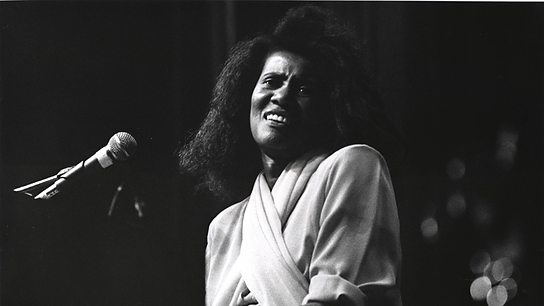JD: What do you think of the relationship between the precise event that constitutes the concert and pre-written music or improvised music? Do you think that prewritten music prevents the event from taking place?
OC: No. I don’t know if it’s true for language, but in jazz you can take a very old piece and do another version of it. What’s exciting is the memory that you bring to the present. What you’re talking about, the form that metamorphoses into other forms, I think it’s something healthy, but very rare.
JD: Perhaps you will agree with me on the fact that the very concept of improvisation verges upon reading, since what we often understand by improvisation is the creation of something new, yet something which doesn’t exclude the pre-written framework that makes it possible.
OC: That’s true.
It’s because of Borges. He’s hiding somewhere (probably in a mirror) cackling maniacally, knowing damn well that somewhere Jacques Derrida is always interviewing Ornette Coleman. So it goes. Jacques Derrida interviews Ornette Coleman

